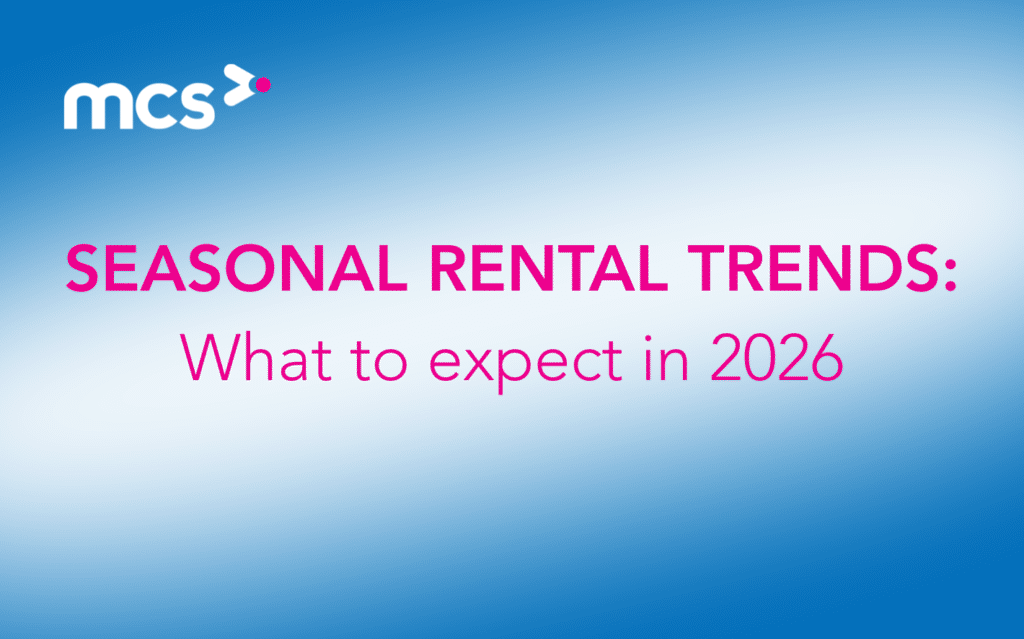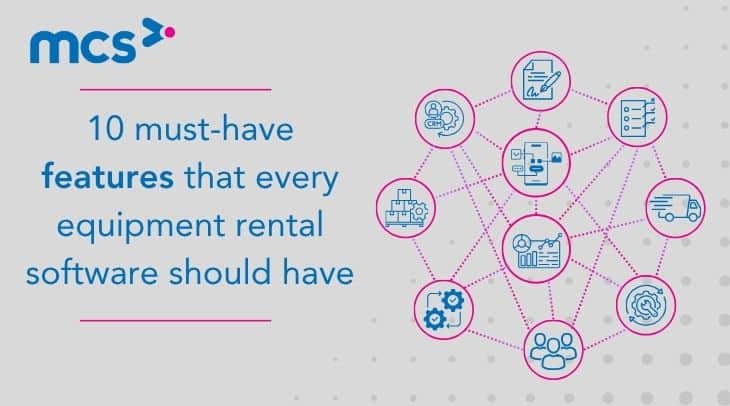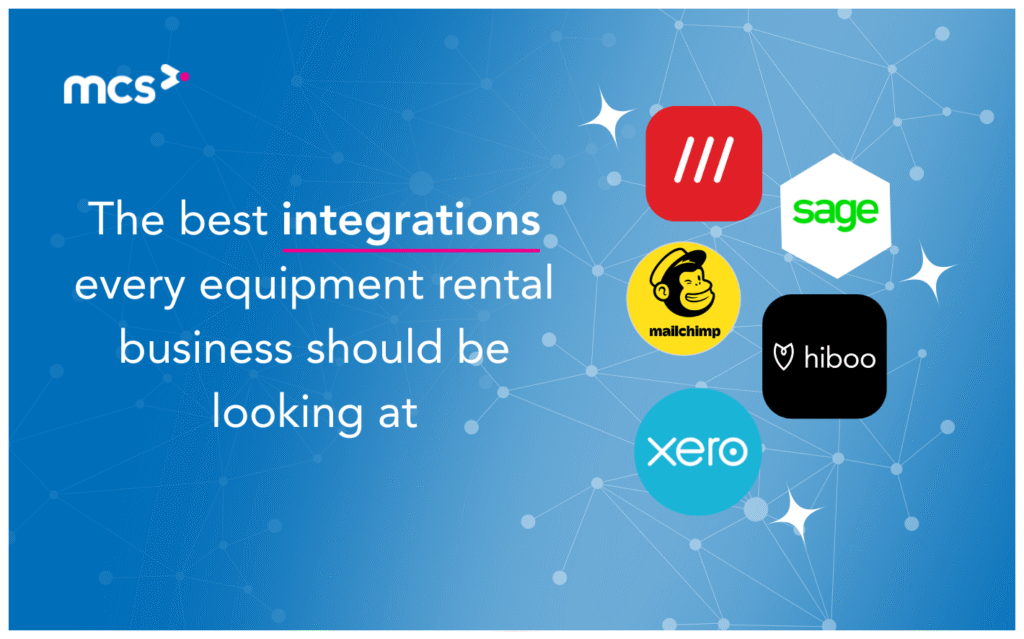How to Set up an E-commerce for Your Rental Business
Expanding your rental business into the online realm through an e-commerce platform can significantly expand your reach and streamline customer interactions. Let’s explore the steps and considerations in setting up an online rental store.

When Do You Actually Need a Store?
Consider an online shop when aiming to expand your customer base beyond your physical location. An e-commerce platform enables customers from diverse locations to access and book your rental inventory conveniently. If you aim to offer round-the-clock booking and browsing convenience to your customers, an online rental store becomes essential. This caters to varied schedules and time zones, enhancing customer satisfaction.
Setting up Your Webstore
Choose a Content Management System (CMS) that aligns with your business needs. Popular platforms like Shopify, WooCommerce, or Magento offer user-friendly interfaces and customisable options suitable for rental businesses. Customise your e-commerce platform to reflect your brand identity. Focus on intuitive navigation, clear product descriptions, and a streamlined booking process to enhance the user experience.
What Functions Does Your Website Need?
Integrate a robust booking and reservation system into your website. This should enable customers to browse available inventory, select rental periods, and complete bookings seamlessly. Facilitate secure online payments by integrating reliable payment gateways. Ensure compatibility with various payment methods to cater to customer preferences.
If you’re in the market for an all-in-one rental solution, complete with your own Online Portal with e-commerce capabilities, why not consider MCS Rental Software? Check out our rental solutions here, and get in touch to see how we can benefit your business.
Asset Stock on Your Site – How to Manage Your Assets?
Implement a comprehensive inventory management system within your e-commerce platform. This system should provide real-time updates on available assets, track item availability for specific dates, and automate inventory adjustments after bookings. Utilise unique identifiers or barcodes for each asset to ensure accurate tracking. This enables you to monitor your inventory levels and make informed decisions about restocking.
Plugins & Modules
Check out plugins or modules that can enhance your online rental store’s functionality. Look for features like advanced search filters, customer reviews, and automated notifications to improve the user experience.
Translating Your Website
Consider offering multilingual support to cater to a diverse customer base. This can involve translating your website into multiple languages to ensure inclusivity and reach a broader audience.
By following these steps and considerations, your rental business can successfully establish a robust e-commerce presence, providing customers with a convenient and efficient platform to browse, book, and engage with your rental inventory.
You might also like…
Ready to elevate your rental business?
Connect with our expert team to discover how MCS Rental Software can drive your success. We’re here to answer your questions and help you find the perfect solution.



